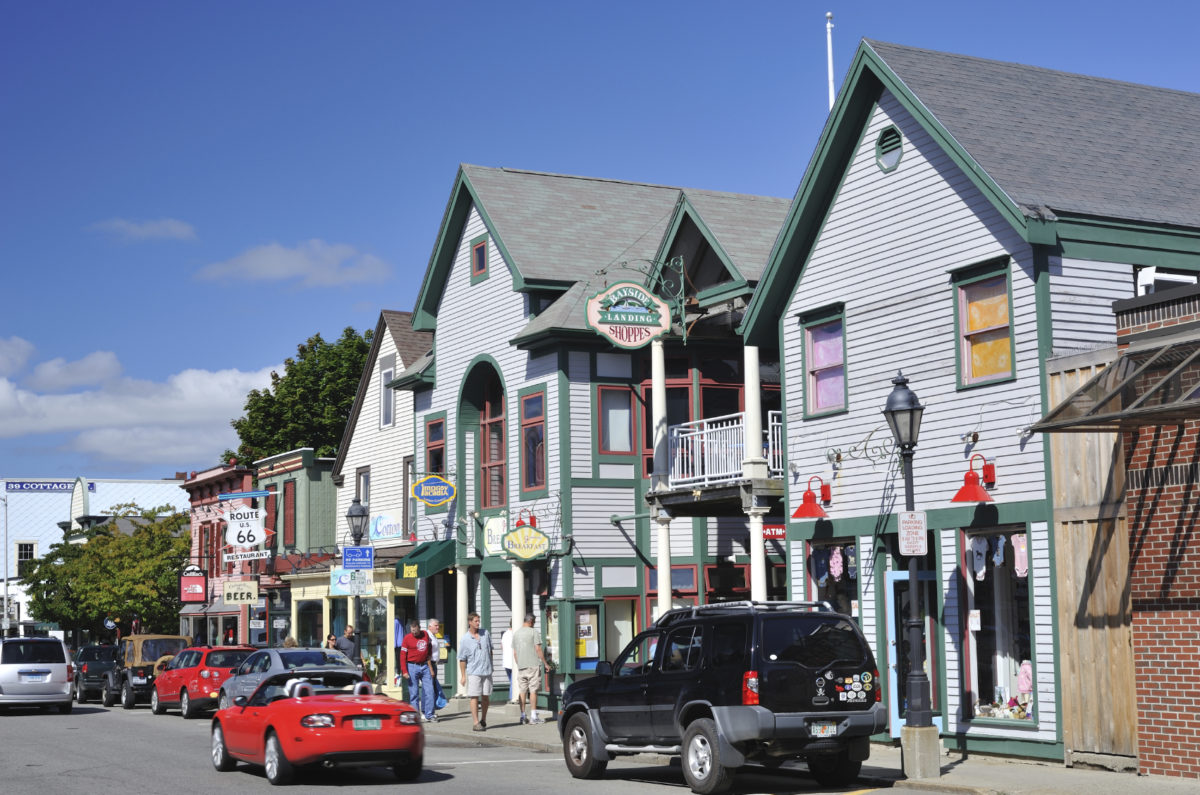
Ever wondered what made the New England Colonies so unique? The New England Colonies—Massachusetts, Connecticut, Rhode Island, and New Hampshire—were the birthplace of American culture and innovation. These colonies were known for their strong sense of community, religious freedom, and educational advancements. Did you know that Harvard, the first college in America, was founded in Massachusetts in 1636? Or that the infamous Salem Witch Trials took place in this region? From the rocky shores of Plymouth to the bustling ports of Boston, the New England Colonies were a melting pot of ideas and traditions. Curious about more fun facts? Let’s dive into the fascinating history of these early American settlements!
Geography and Climate
The New England Colonies had a unique geography and climate that shaped their development. Let's explore some interesting facts about this region's natural environment.
-
Rocky Soil: The soil in New England was rocky and not ideal for farming, which led colonists to focus on other industries like fishing and shipbuilding.
-
Harsh Winters: Winters were long and harsh, which made survival challenging but also helped reduce the spread of diseases.
-
Dense Forests: The area was covered with dense forests, providing ample timber for building homes, ships, and trading goods.
-
Coastal Access: Proximity to the Atlantic Ocean allowed for a thriving fishing industry and easy access to trade routes.
Economy and Trade
The economy of the New England Colonies was diverse and innovative. Here are some fascinating facts about how they made a living.
-
Fishing Industry: Fishing, especially cod, was a major industry, with New England fish being exported to Europe and the Caribbean.
-
Shipbuilding: Abundant timber resources led to a booming shipbuilding industry, making New England a leader in maritime trade.
-
Whaling: Whaling became a significant industry, providing oil for lamps and other products.
-
Triangular Trade: New England was part of the Triangular Trade, exchanging goods like rum and fish for slaves and molasses.
Society and Culture
The social and cultural life in the New England Colonies was rich and varied. Discover some intriguing aspects of their daily lives.
-
Puritan Influence: Puritanism greatly influenced the social structure, with a focus on community and religious observance.
-
Town Meetings: Town meetings were a staple of New England governance, allowing male church members to vote on local issues.
-
Education: Education was highly valued, leading to the establishment of schools and colleges like Harvard in 1636.
-
Literacy Rates: High literacy rates were common due to the emphasis on reading the Bible.
Religion and Beliefs
Religion played a central role in the lives of New England colonists. Here are some key facts about their religious practices and beliefs.
-
Religious Freedom: Many settlers came seeking religious freedom, though ironically, dissenters often faced persecution.
-
Sabbath Observance: The Sabbath was strictly observed, with laws prohibiting work and leisure activities on Sundays.
-
Meetinghouses: Meetinghouses served as both religious and community centers, reflecting the intertwined nature of church and state.
-
Great Awakening: The Great Awakening in the 1730s and 1740s brought a wave of religious revival and new denominations.
Government and Politics
The political landscape of the New England Colonies was shaped by their unique governance structures. Here are some notable facts.
-
Charter Colonies: Many New England colonies operated under royal charters, granting them a degree of self-governance.
-
Mayflower Compact: The Mayflower Compact of 1620 was an early form of self-government and social contract among the Pilgrims.
-
Colonial Assemblies: Elected colonial assemblies played a significant role in local governance, reflecting democratic principles.
-
Voting Rights: Voting rights were typically restricted to male church members, reflecting the close ties between religion and politics.
Conflicts and Challenges
The New England Colonies faced numerous conflicts and challenges throughout their history. Here are some significant events and issues.
-
King Philip's War: King Philip's War (1675-1678) was a devastating conflict between Native Americans and colonists, resulting in significant casualties.
-
Salem Witch Trials: The Salem Witch Trials of 1692 were a dark period marked by hysteria and the execution of 20 people accused of witchcraft.
-
Pequot War: The Pequot War (1636-1638) was an early conflict between colonists and the Pequot tribe, leading to the tribe's near destruction.
-
Economic Hardships: Economic hardships, including crop failures and trade restrictions, often plagued the colonies.
Innovations and Contributions
The New England Colonies made several lasting contributions to American society. Here are some notable innovations and achievements.
-
Public Education: The establishment of public education systems set a precedent for future American educational practices.
-
Printing Press: The first printing press in America was set up in Cambridge, Massachusetts, in 1638, facilitating the spread of information.
-
First American College: Harvard College, founded in 1636, became the first institution of higher education in America.
-
Democratic Ideals: The democratic ideals practiced in town meetings and colonial assemblies influenced the development of American democracy.
Final Glimpse at New England Colonies
The New England Colonies were a fascinating mix of history, culture, and innovation. From the Pilgrims' arrival on the Mayflower to the Salem Witch Trials, these colonies have left a lasting impact on American history. They were known for their fishing, shipbuilding, and trade industries, which helped shape the economy. Education was highly valued, leading to the establishment of Harvard University in 1636. The colonies also played a crucial role in the American Revolution, contributing to the fight for independence.
Understanding these facts gives us a deeper appreciation for the resilience and ingenuity of the early settlers. Their legacy continues to influence modern America in countless ways. Whether you're a history buff or just curious, the New England Colonies offer a rich tapestry of stories and achievements worth exploring.
Was this page helpful?
Our commitment to delivering trustworthy and engaging content is at the heart of what we do. Each fact on our site is contributed by real users like you, bringing a wealth of diverse insights and information. To ensure the highest standards of accuracy and reliability, our dedicated editors meticulously review each submission. This process guarantees that the facts we share are not only fascinating but also credible. Trust in our commitment to quality and authenticity as you explore and learn with us.


